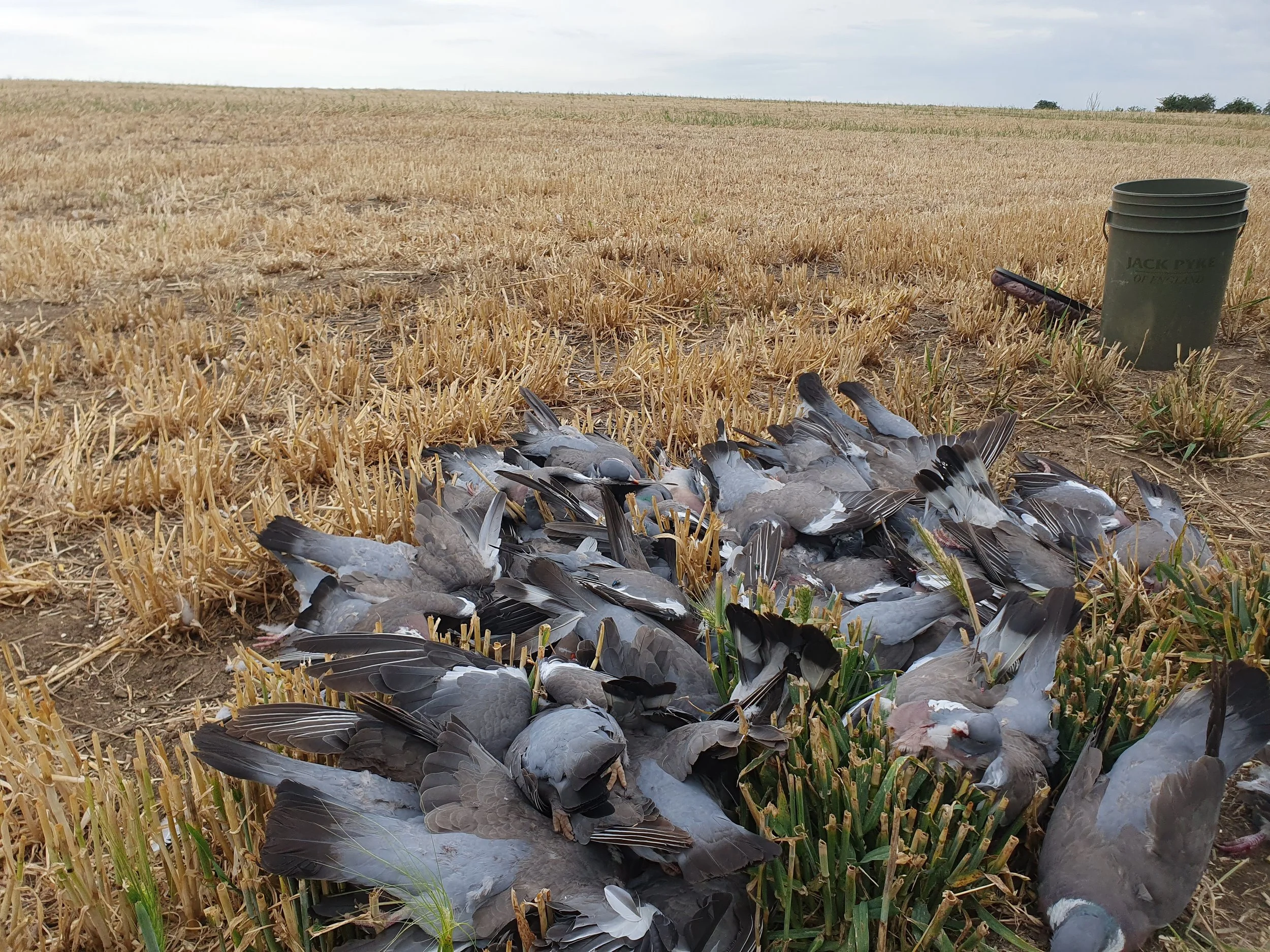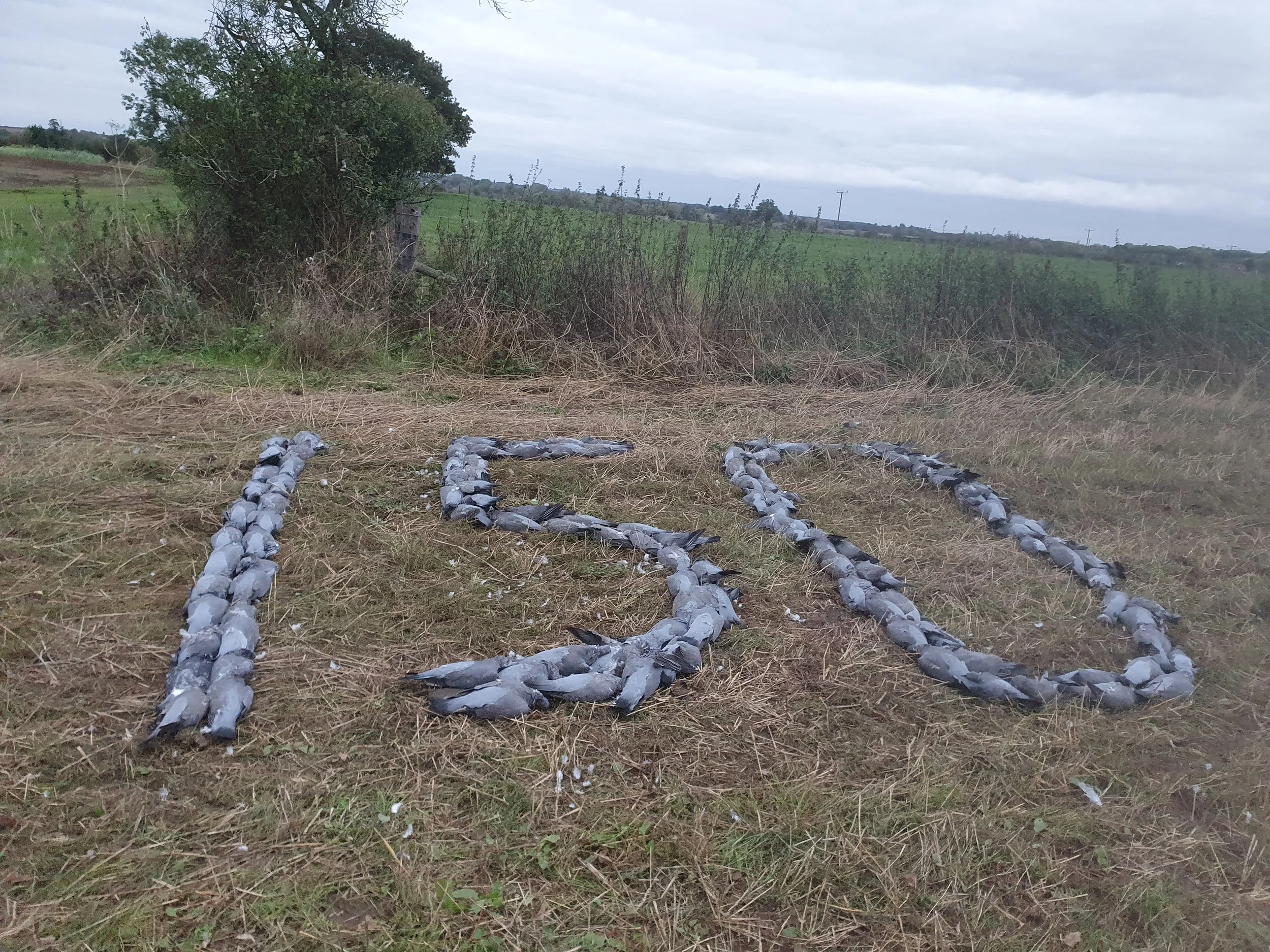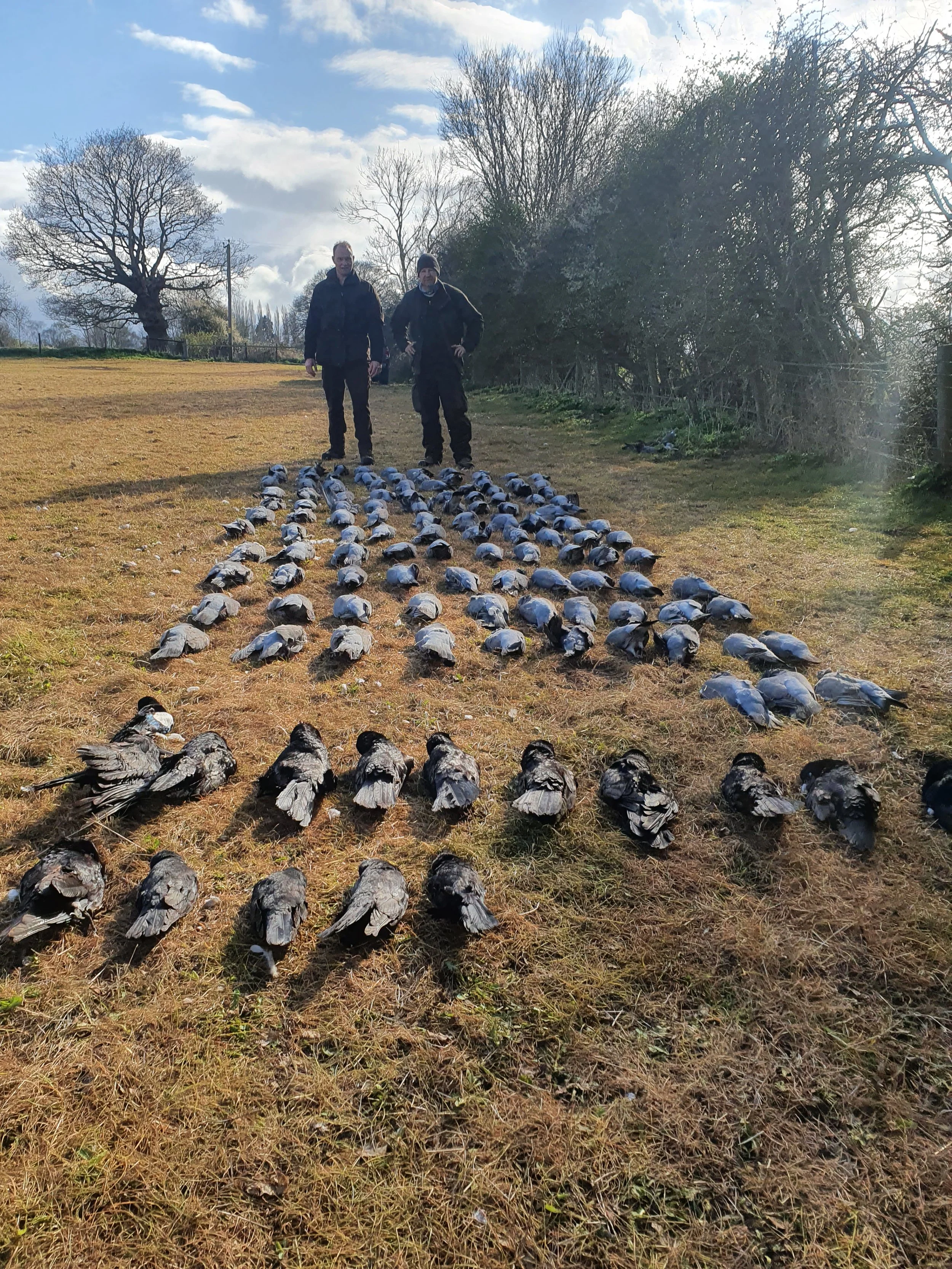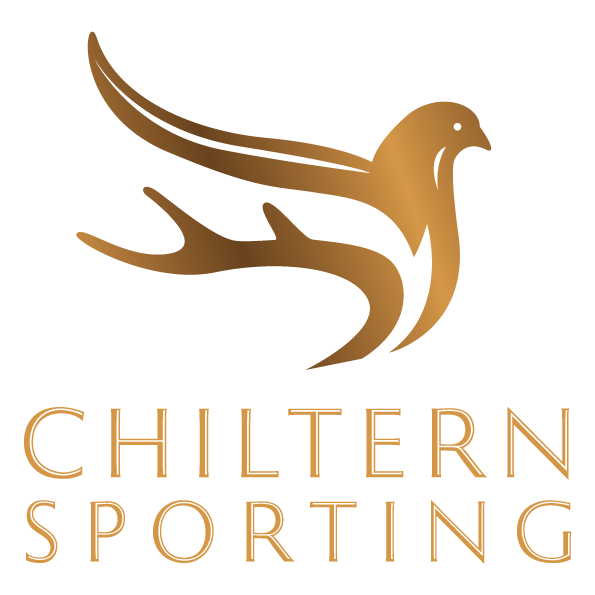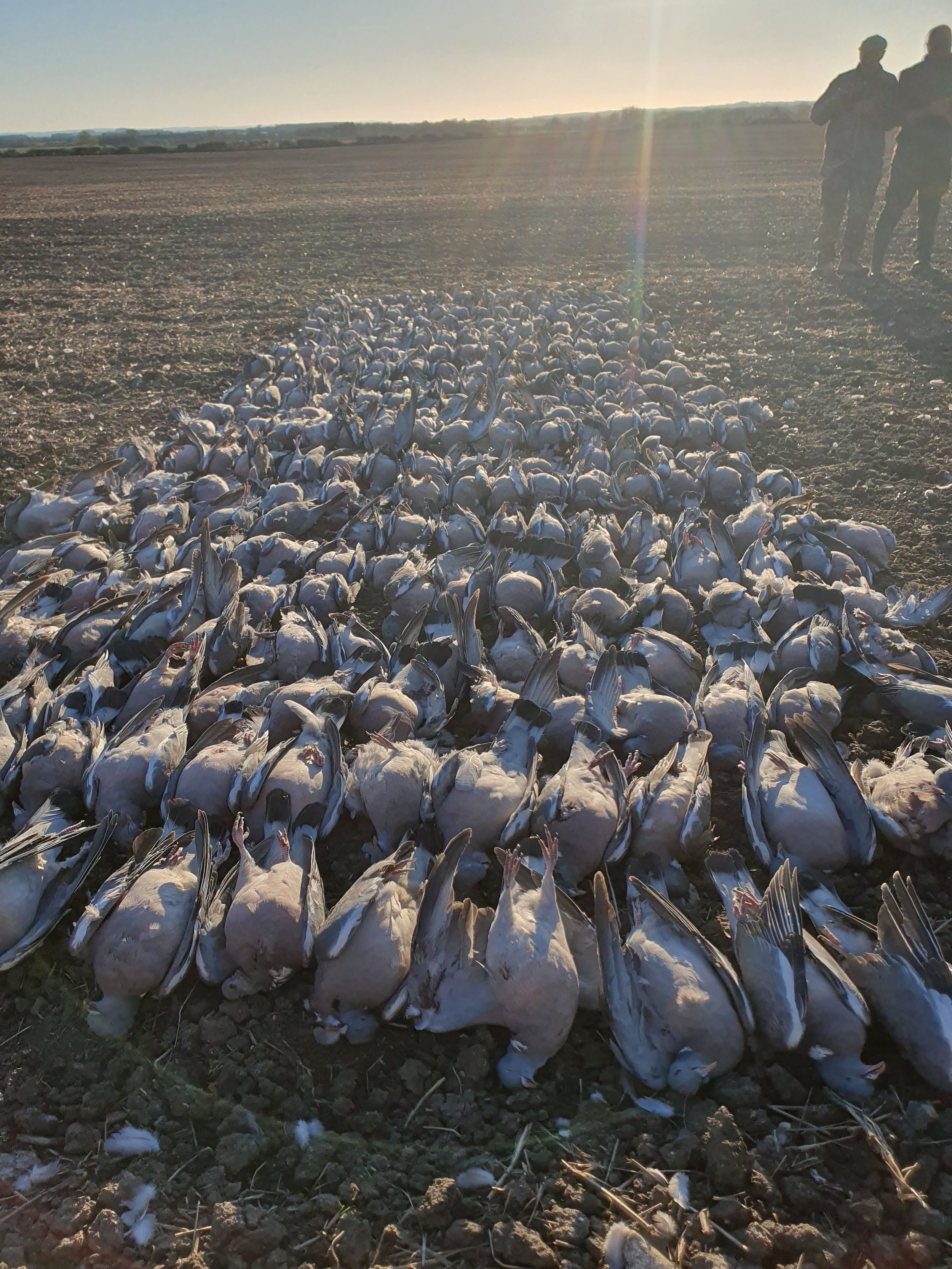PIGEON SHOOTING
Our job is to liaise with farmers and land owners to find out where and when the pigeons are making themselves a nuisance to step in to step in to protect those crops and prevent damage.
This means we try to get you the best opportunities on the reserved date(s) to face these quick, wild and agile birds. It is however, impossible to say how many you might be able to shoot as well as how many cartridges you may need.
Quantities cannot be guaranteed.
Wood pigeon days have ranged from 0 to 400 in a day. Every day is different.
Blank days do occur and the UK does not compare to Argentinian volumes, however we do have reasonable bags most of the time.
You must hold a valid UK shotgun certificate if living in the UK.
You will require a visitors gun permit from us if travelling from abroad (these can take up to 8 weeks to obtain). We are very helpful in this process.
Generally favourable periods are March/April and July/ August.


